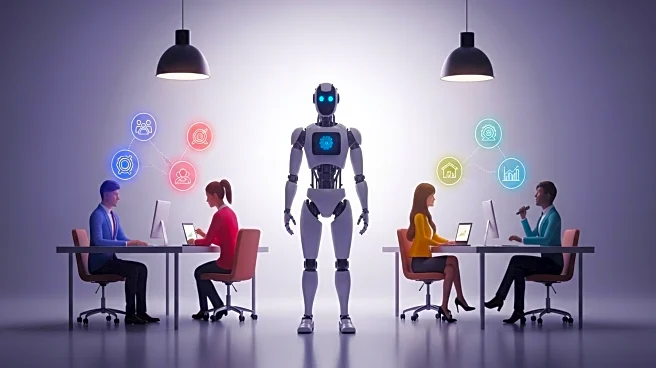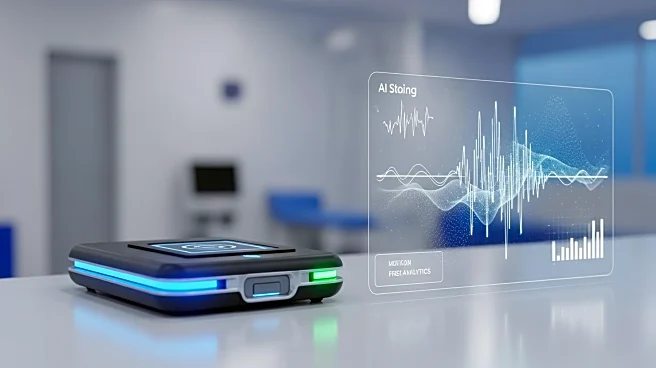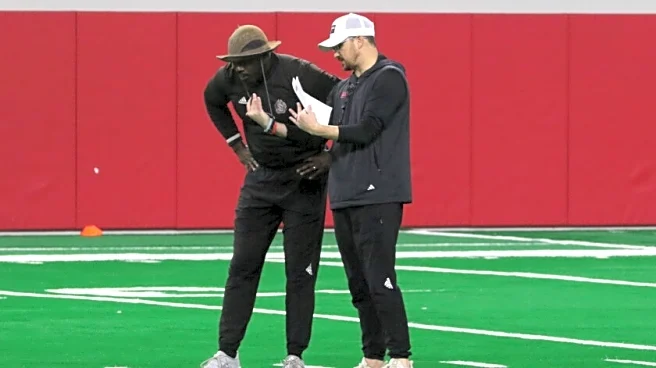What's Happening?
The integration of artificial intelligence (AI) in workplaces is presenting challenges for HR departments, particularly in multigenerational settings. A report by Jobs for the Future indicates that only 31% of workers have access to AI training, despite 35% using AI tools at work. The generational divide is evident, with younger workers more familiar with AI tools like OpenAI's ChatGPT compared to older workers. This disparity is causing HR teams to struggle with implementing AI effectively across diverse age groups. Additionally, AI's role in HR processes, such as recruiting, is under scrutiny for potential age discrimination, as seen in a lawsuit against HR vendor Workday.
Why It's Important?
The slow progress in AI training and the generational divide in AI tool usage could impact workplace efficiency and inclusivity. Younger workers may adapt more quickly to AI, potentially leading to a skills gap with older employees. This could affect team dynamics and productivity. Moreover, the potential for AI-driven age discrimination in hiring processes poses legal and ethical challenges for companies. Addressing these issues is crucial for businesses to harness AI's benefits while ensuring fair and inclusive work environments.
What's Next?
HR departments may need to develop comprehensive AI training programs that cater to all age groups, ensuring equitable access to AI skills. Companies might also need to review their AI-driven HR processes to prevent discrimination and ensure compliance with employment laws. As AI continues to evolve, ongoing dialogue and collaboration between HR professionals and AI developers will be essential to address these challenges effectively.









